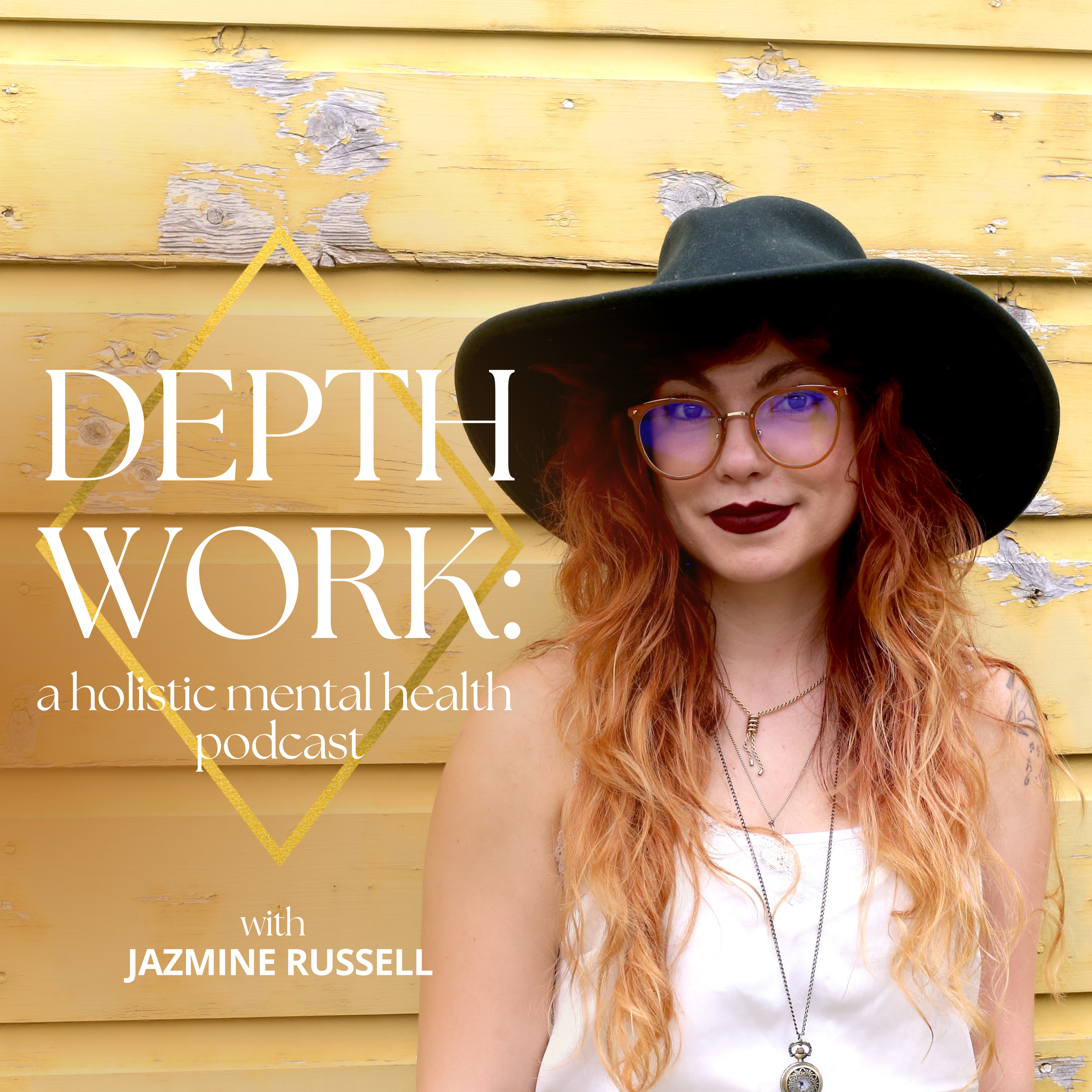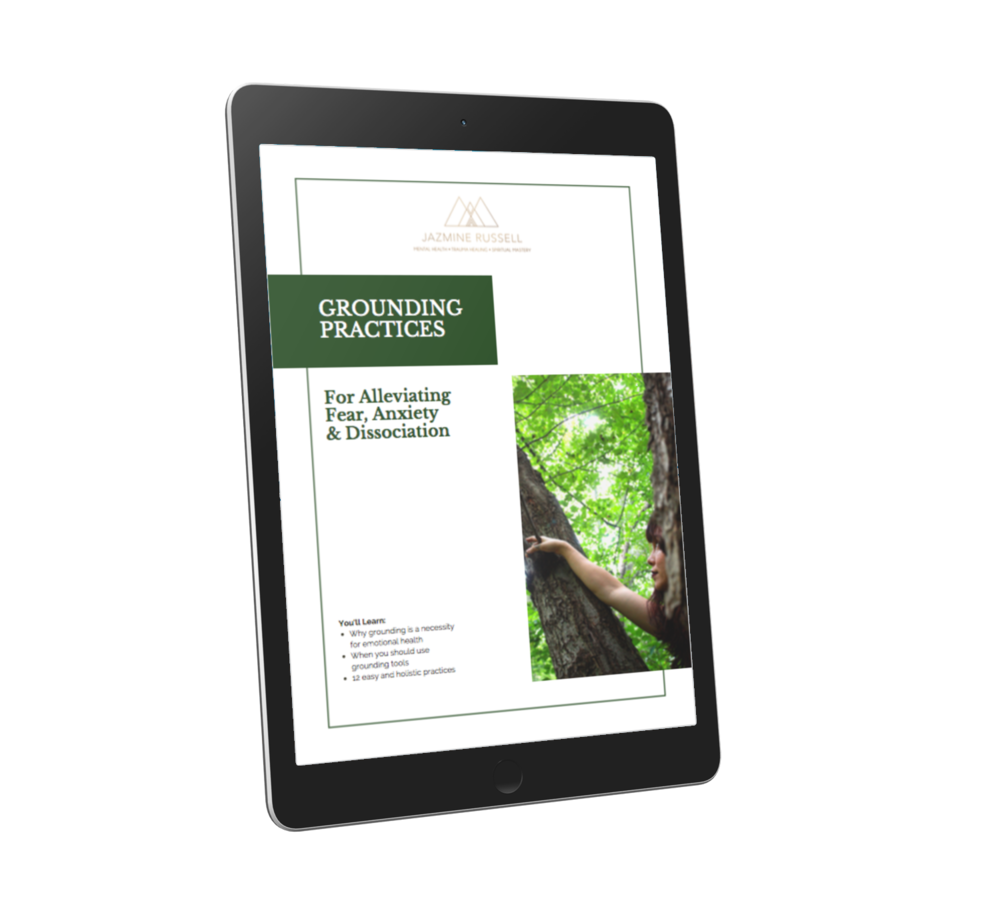Autoimmunity, Psychosis & Trauma: The Role of Inflammation in Mental Health
Celiac disease is an unfortunately common autoimmune disorder that affects about 1 in 100 people. That’s 1%, a HUGE proportion of the population. What's most concerning is that many aren't ware they have celiac often because many of the symptoms are mental health related and treated solely by psychological means. However, we need to rethink this approach. There's a high correlation between celiac, psychosis (and other mental health concerns such as anxiety, depression, and OCD) and childhood trauma. This is the trifecta that has affected me personally, and many of my clients. So in this episode, I tell you my whole story on finding out about and healing autoimmunity and mental health issues.
What is celiac disease?
Celiac disease is an autoimmune disorder that affects the small intestine. It is triggered by the consumption of gluten, which is a protein found in wheat, barley, and rye. When individuals with celiac disease ingest gluten, their immune system mounds a highly reactive immune response, attacking its own cells and causing damage to the lining of the small intestine.
The damage to the intestinal lining leads to many symptoms and complications. Common symptoms of celiac disease include digestive issues such as abdominal pain, bloating, diarrhea, and constipation. However, celiac disease can also manifest with non-digestive symptoms, including fatigue, weight loss, anemia, skin rashes, joint pain, and - more undetected - mental health issues.
Celiac and Mental Health Issues
Someone with any autoimmune disease is much more likely to experience mental health concerns. One explanation in current research is that celiac disease triggers an immune response in the body, leading to inflammation. This inflammation can extend beyond the gut and affect other organs, including the brain. Inflammation in the brain has been linked to various mental health conditions, including psychosis, obsessive-compulsive disorder (OCD), and depression.
Moreover, individuals with celiac disease may experience nutrient deficiencies due to the damage to the small intestine. Nutrients such as vitamins, minerals, and omega-3 fatty acids play crucial roles in brain health and function. Deficiencies in these essential nutrients can disrupt neurotransmitter balance and contribute to mental health disorders.
In the case of psychosis, research suggests a potential link between celiac disease and gluten-related antibodies that target specific proteins in the brain. These antibodies may interfere with normal brain function and contribute to the development of psychotic symptoms.
As for OCD, studies have found an association between celiac disease and higher rates of autoimmune disorders, including autoimmune forms of OCD (such as PANS). It is thought that the immune system's dysregulation in celiac disease may contribute to the development of autoimmune reactions affecting the brain.
Depression, another common mental health concern, has been associated with celiac disease and other autoimmune issues. Nutrient deficiencies, chronic inflammation, and the impact of living with a chronic illness can all contribute to the development of depression in individuals with celiac disease.
Celiac and Trauma
The links between trauma and mental health issues are well-researched. We know that someone with a history of childhood trauma, for example, is more likely to develop a mental health issue or be diagnosed with a mental illness. Trauma and stress greatly impacts our mental and emotional wellbeing. However, trauma also affects the body in a multitude of ways. Someone with a history of childhood trauma is much more likely to be diagnosed with an autoimmune disease. Researchers believe that chronic stress and nervous system dysregulation, epigenetic modifications, and increased intestinal permeability all increase the likelihood of developing a chronic illness such as celiac.
In this episode, we dive deep into the trifecta of celiac, psychosis, and trauma and look at some of the current research on this topic.
“This shifts our whole scientific worldview from understanding things like depression, ocd, anxiety, as some chemicals in your brain that are off to understanding the systems behind that which could contribute. It was previously believed that cytokines, which are immune system cells, could not pass the blood-brain barrier, the BBB, but that has recently been dispelled, allowing researchers to really understand or believe that inflammation in the body, especially in the brain, might play a huge role in mental health. So in an autoimmune disease like Celiac, for example, the body experiences a lot of systemic inflammation. The immune system attacking its own cells and celiac is often associated with what we call leaky gut, which is when the gut lining is compromised, allowing toxins from what you eat and your environment to leak out into the bloodstream causing the immune system to be on high alert. And then those toxins can eventually make their way to the brain, causing the brain to become inflamed as well. So when someone is diagnosed with an autoimmune disease, it’s usually not the only thing that’s going on.”
What You’ll learn in this episode:
common & lesser known symptoms of celiac
why you probably won’t notice if you have a gluten allergy
why going gluten free isn’t always enough
what role the nervous system plays in it all
emergent research on links between autoimmunity, inflammation and Mental Health
“ It is possible to heal all of these things together and to find the right supports for you. It’s very often not going to come in a single person, a single healer, a single doctor, but it’s going to come from your knowledge and wisdom that your body already has, that your body is trying to tell you what’s happening, and to create a team for yourself of the right types of support systems.”
DEPTH Work - A Holistic Mental Health Podcast
This is a space for those who love to dive into the underbelly, to revel in the mystery, question assumptions about what is normal, play in the both/and, and honor the wide range of human emotions.
As a complex trauma survivor, holistic counsellor and co-founder of a mental health institute, I learned that there is immense wisdom in our pain and what we call crazy is just what we are yet not willing to understand and explore. Let’s dive in!
Research:
The Inflamed Mind by Dr. Edward Bullmore - https://us.macmillan.com/books/9781250318145/theinflamedmind
Stress & autoimmunity - https://pubmed.ncbi.nlm.nih.gov/29922828/
Autoimmunity and psychotic disorders - https://www.frontiersin.org/articles/10.3389/fpsyt.2019.00131/full
Childhood stress and autoimmunity - https://pubmed.ncbi.nlm.nih.gov/19188532/
Gluten psychosis - https://pubmed.ncbi.nlm.nih.gov/26184290/
Depression and inflammation - https://pubmed.ncbi.nlm.nih.gov/21927805/
Inflammation and schizophrenia - https://pubmed.ncbi.nlm.nih.gov/26359903/
GROUNDING PRACTICES:
FOR ALLEVIATING FEAR, ANXIETY & DISSOCIATION
12 SIMPLE GROUNDING PRACTICES TO HELP YOU COME BACK TO YOUR BODY















